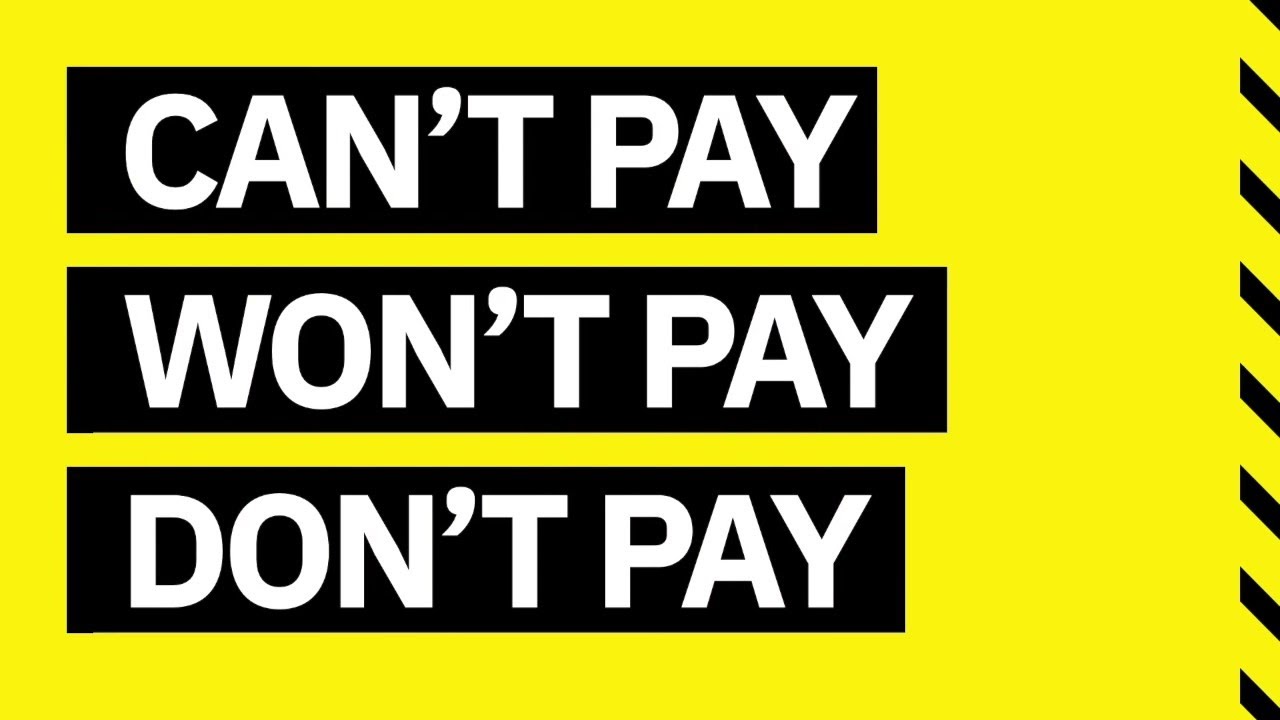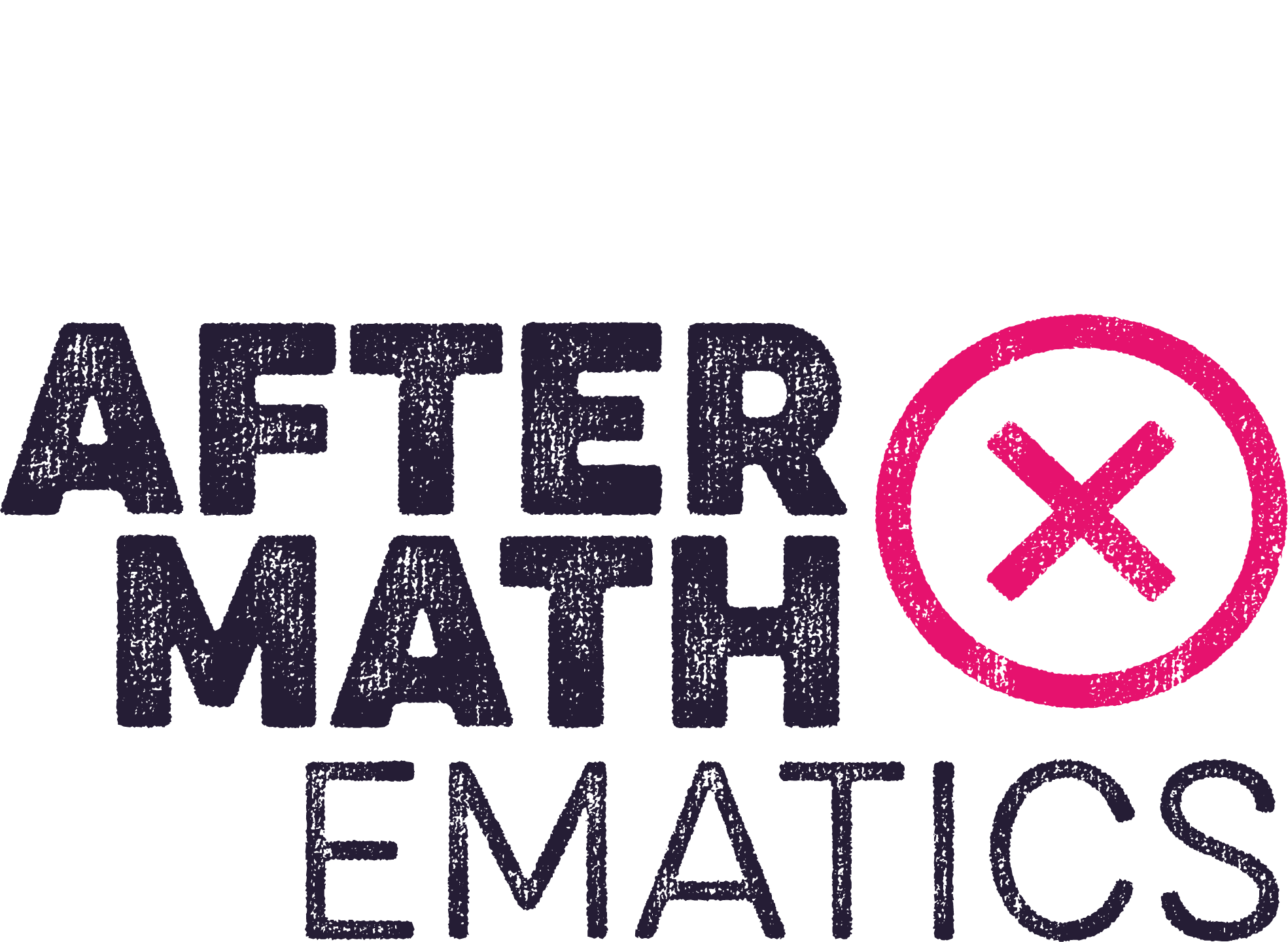Can’t Pay! Won’t Pay! Don’t Pay!

With an estimated 45 million people being pushed into fuel poverty this winter, many of us will be forced to choose between heating and eating. But why lose… when we can win…
If you owe your bank a hundred pounds, that’s your problem. But if you owe a million, that’s the bank’s problem. And it's the same if a million people owe the bank a hundred pounds… especially if we act collectively.
This truth underpins all debtors’ movements and DON’T PAY campaigns.
Between 1989 and 1991, millions in England, Scotland and Wales refused to pay the newly introduced poll tax – around 1 in 3 people. Local anti-poll tax groups organised to physically defend people’s homes from bailiffs and mass demonstrations swept across the country. The poll tax was rapidly defeated and prime minister Margaret Thatcher was forced to resign.
In 2013, the Irish government attempted to privatise water services and introduce charges. An enormous non-payment campaign developed. Hundreds of thousands of people demonstrated, one third of the population boycotted the charges, and residents blocked the installation of water meters. The Right2Water campaign has not (yet) won all its objectives but charges were abolished following the election of 2016.
In South Africa, many residents of Soweto have been refusing to pay for electricity for the past 20 years. Their demand is free energy, free housing and land (necessities the ruling African National Congress promised at the beginning of majority rule). The energy company is now owed around £2 billion in unpaid bills. One crucial reason for the movement’s success is that power company workers have refused to disconnect non-payers.
Across the world and across history there are countless other examples: collective non-payment works!
Collective non-payment works… and of course our bosses know this. They’re terrified. “It’s theft!” they say. “If you don’t pay, you’re stealing!”
BP raked in profits of £11.9bn in the first half of 2022. BP chief executive Bernard Looney was paid £4.5m in 2021. (No wonder he described BP as a ‘cash machine’). Shell made £17.3bn. Shell CEO Ben van Beurden was paid a staggering £6.1m.
Does Looney drill the oil and the gas? Does van Beurden? Do they forge the steel or mine the minerals? Do the shareholders own the sunlight? The winds and the tides?
So let’s talk about theft. Let’s talk about the way a tiny elite – the 1%, the rich, the ruling class – has plundered our planet’s resources, our common wealth. We owe these individuals nothing!
Not only do the energy elite and its financial backers appropriate – i.e. steal – the riches of our energy commons, they pass on the costs in the form of enclosure, pollution, climate catastrophe.
It’s obvious that the current energy crisis is part of the climate crisis. We need to keep fossil fuels in the ground. And we need to reduce our overall use of energy.
But the energy elite depends for its existence on yoking this resource to profit. Enclosing the energy commons. Selling us sunlight. Selling us – renting us – leaky homes that we can’t afford to heat.
This elite cares nothing for our lives. It cares nothing for non-human lives or our planet. It cares nothing for the future.
All they want is to make us pay for their crisis, to prop up their profiteering.
The answers to the energy crisis and the climate catastrophe are quite simple.
- Reclaim the energy commons
- Well-insulated homes for all
- Free public transport
- Cities built around people’s needs
- True auto-mobility for all.
They’re right in front of us – but somehow just out of reach.
Those solutions don’t fit with a world built on endless profiteering. If we want change, it’s down to us – the 99% with nothing to lose.
We start by collectively not paying. By deciding that enough is enough. If we want to keep warm this winter, we need to make trouble…
